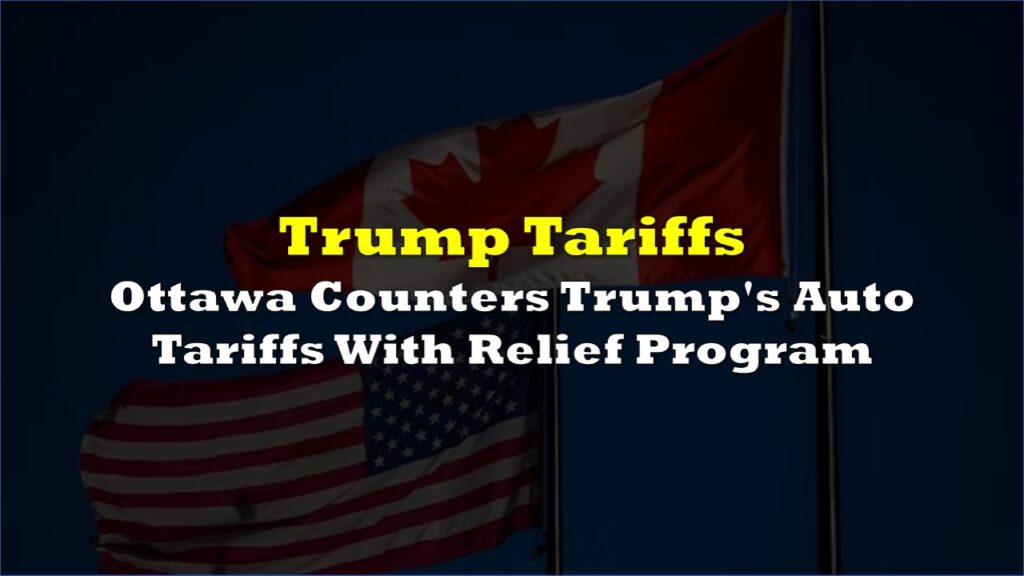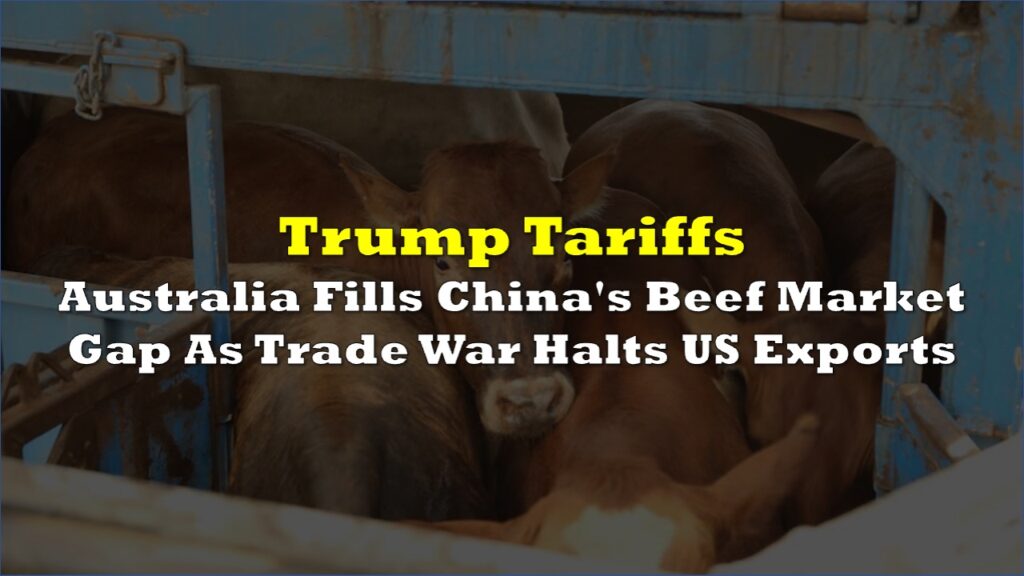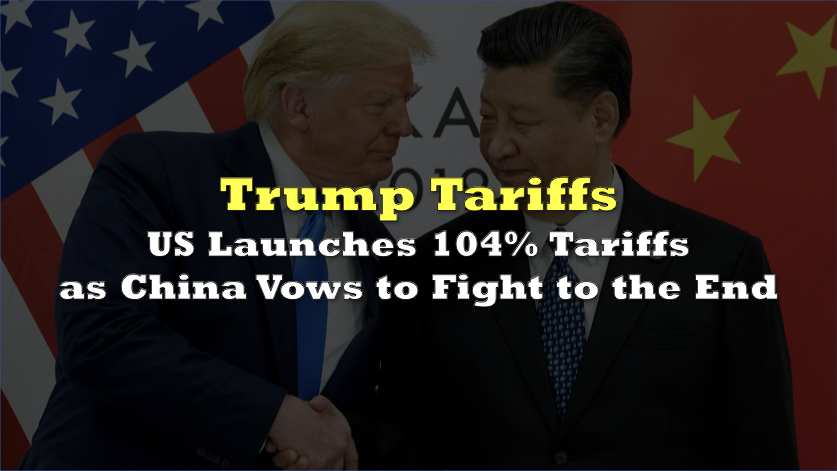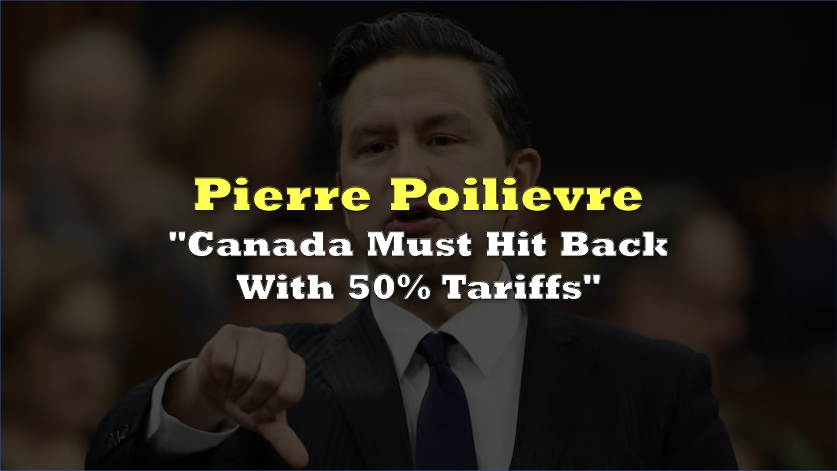Ontario Premier Doug Ford has issued a stern warning to the Liquor Control Board of Ontario (LCBO), threatening to eliminate U.S. alcohol products from its shelves if newly imposed tariffs by U.S. President Donald Trump come into effect.
The trade relationship between Canada and the United States has been strained since Trump won the 2024 presidential election, with the then-incoming administration signaling a crackdown on trade deficits and alleging unfair trade practices. Trump has threatened a 25% tariff on Canadian and Mexican exports, a move aimed at pressuring these allies to enhance border security and comply with U.S. trade demands.
“I’ve sent a direction to the LCBO that if these tariffs come to clear off every bit of U.S. alcohol off the shelves,” Ford stated at the Rural Ontario Municipal Association’s annual conference in Toronto on Monday, coinciding with Trump’s inauguration as the 47th president.
Ford’s directive is a direct countermeasure to Trump’s tariff threats, targeting one of the largest alcohol purchasers globally. By removing U.S. alcohol products from LCBO shelves, Ford aims to send a clear message of resistance against the imposed tariffs.
“They will feel the pain. I will make sure I communicate this to our other premiers that they should be following suit,” Ford asserted, indicating a coordinated provincial response.
One of the world's largest alcohol buyers issues a directive: No more US booze, if the US puts tariffs on Canada https://t.co/FsE5E8AhPB
— Alexander Panetta (@Alex_Panetta) January 20, 2025
The LCBO, a crown corporation responsible for the sale of alcoholic beverages in Ontario, has not yet responded to requests for comment regarding Ford’s directive. However, the impact of such a move could be significant, potentially affecting a wide range of U.S. alcoholic products, including popular brands of bourbon and vodka.
The potential removal of U.S. alcohol from LCBO shelves would have substantial implications for the Ontario market. Currently, five of the top ten beers sold in Ontario are American brands, including Busch, Coors Light, Budweiser, Bud Light, and Michelob Ultra. Additionally, U.S. products account for approximately 20% of wine sales in the province.
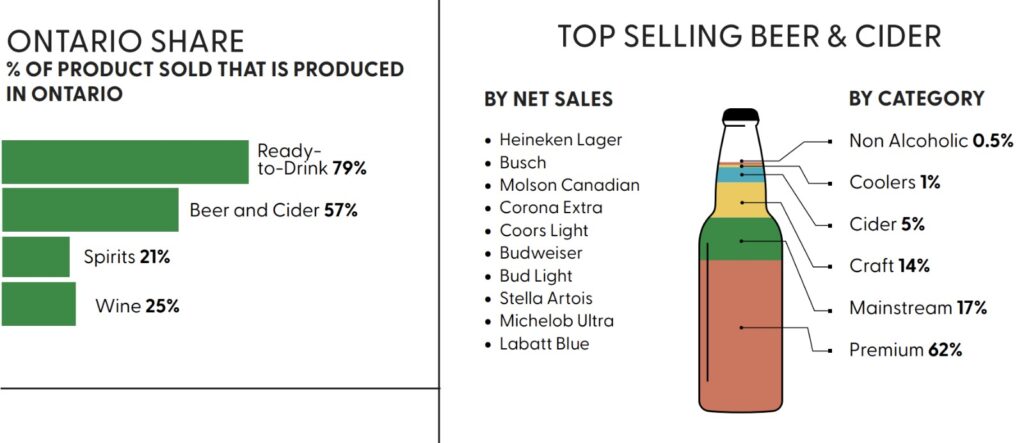
This latest threat by Ford echoes the trade tensions of 2018 when Canada imposed tariffs on U.S. bourbon and other goods in retaliation to Trump’s tariffs on Canadian steel and aluminum. Although those tariffs were lifted in 2019, only to be briefly reinstated and removed again in 2020, the current situation suggests a renewed escalation in trade disputes between the two nations.
During his remarks, Ford reminisced about past interactions, saying, “I talked to the great governor of Kentucky. And I remember in the last tariffs, we threw on the bourbon. First thing out of his mouth is ‘don’t touch my bourbon,’” highlighting the personal and economic stakes involved in such trade conflicts.
Canada has signaled its readiness to implement retaliatory measures beyond those already stated. These could include additional tariffs on American-made alcohol, such as Kentucky bourbon and Florida orange juice, as well as more drastic actions like cutting off power to 1.5 million homes. Ford hinted at these possibilities, mentioning “additional retaliatory measures” at the provincial level, though specific details remain unclear.
Last week, Ford estimated that a 25% tariff on Canadian goods could jeopardize between 450,000 to 500,000 jobs in Ontario, depending on the sectors targeted. This potential job loss underscores the economic pressure both countries are facing amid escalating trade tensions.
The trade dispute also intersects with Ontario’s political landscape. Recent polling by Liaison Strategies indicates that Ford’s Progressive Conservatives (ON PC) maintain a substantial nine-point lead over Bonnie Crombie’s Liberals. According to the poll, 41% of decided and leaning voters would support the PCs, while Liberal support has risen to 32%, a level not seen since the outreach campaign began in 2024.
“This marks a 2-point increase from last week and a 5-point rise since the start of the year,” said David Valentin, principal at Liaison Strategies. “Interestingly, this growth isn’t coming at the expense of the PCs but rather from the smaller parties and the Ontario NDP.”
With the next provincial election still over a year away, the handling of the trade dispute could become a pivotal issue, especially if the anticipated retaliatory measures lead to significant economic consequences for Ontario.
As of now, the Trump administration has indicated the tariffs will come into effect by February 1. An incoming administration official also confirmed that Trump plans to issue a broad trade memorandum aimed at investigating and addressing persistent trade deficits and unfair trade practices, particularly targeting China, Canada, and Mexico.
Doug Ford tells @QPcamera he is disappointed there will be no Trump tariffs but he still wants a provincial election https://t.co/4JAB7TZzSS
— Not Inkless 🟡 (@InklessPW) January 20, 2025
Information for this story was found via Global News, CP24, and the sources and companies mentioned. The author has no securities or affiliations related to the organizations discussed. Not a recommendation to buy or sell. Always do additional research and consult a professional before purchasing a security. The author holds no licenses.






